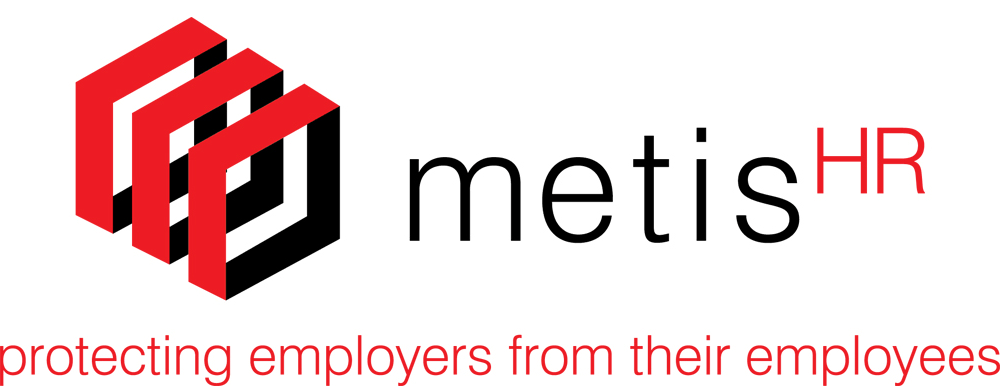As a manager, if you cannot verbally put your finger on how a staff member is failing, it is sometimes best to say nothing at all.
By Metis HR.Complaining about or to an employee must have relevance to their occupational performance and be able to be substantiated.
Not clearly articulating employee concerns can and does lead to potential legal action. The mistakes many managers make in how to manage performance conversations are to: Fail to complain about or to an employee early enough Fail to gather necessary proof of underperformance Be vague about the details of the complaint Shy away from a performance conversation because in their mind they believe the conversation with the employee is confrontation As long as you are following procedure on how to manage performance conversations i.e. accurately, early and with backed up evidence, then you can, and should, voice your concerns to the employee.This stops the problem from escalating into a disciplinary situation, and provides evidence should you need to defend. Metis HR can help managers understand how to handle the early stages of conduct and under-performance issues and instruct them on the application of procedures if the issue has developed giving you confidence in how to manage performance conversations effectively.
Enjoyed this? Read more from Metis HR






















